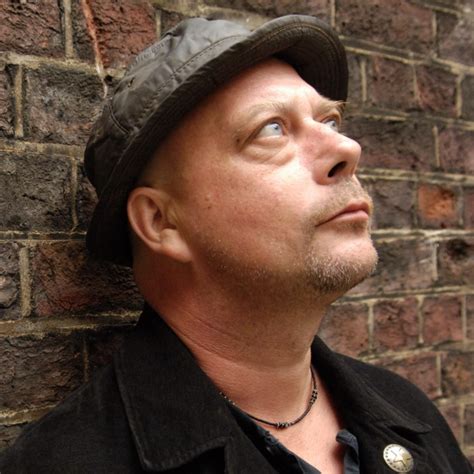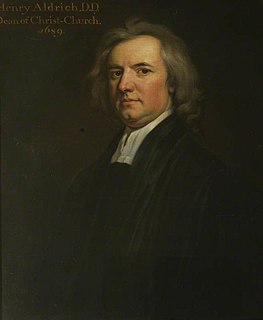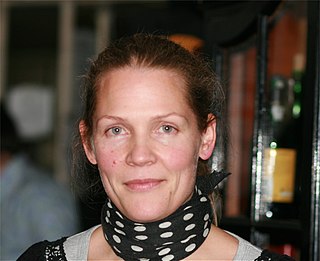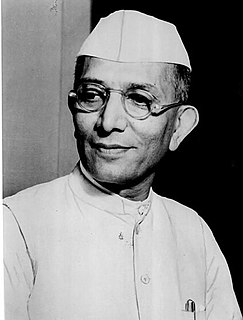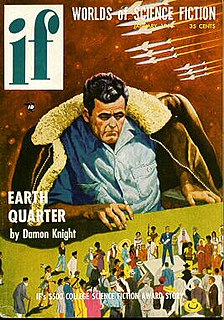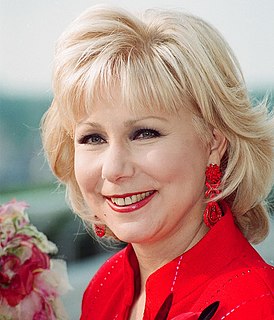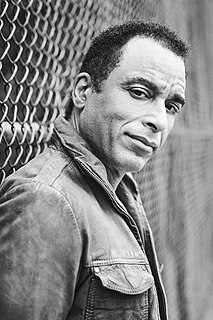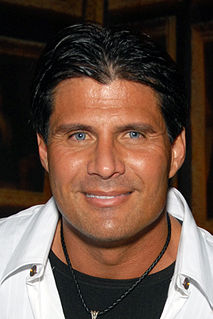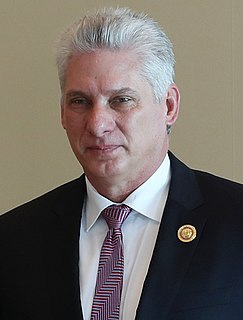A Quote by Alejandro Castro Espin
True medicine is to defend human life in any circumstances and not for political reasons or for reasons of any other kind, it is really to help, that is true solidarity.
Quote Topics
Related Quotes
=> When life gives you a hundred reasons to cry, show life that you have a thousand reasons to smile. => Never tell your problems to anyone...20% don't care and the other 80% are glad you have them. => It's true that we don't know what we've got until we lose it, but it's also true that we don't know what we've been missing until it arrives.
The most ancient parts of truth . . . also once were plastic. They also were called true for human reasons. They also mediated between still earlier truths and what in those days were novel observations. Purely objective truth, truth in whose establishment the function of giving human satisfaction in marrying previous parts of experience with newer parts played no role whatsoever, is nowhere to be found. The reasons why we call things true is the reason why they are true, for to be true means only to perform this marriage-function.
Pascal makes no attempt in this most famous argument to show that his Roman Catholicism is true or probably true. The reasons which he suggests for making the recommended bet on his particular faith are reasons in the sense of motives rather than reasons in the sense of grounds. Conceding, if only for the sake of the present argument, that we can have no knowledge here, Pascal tries to justify as prudent a policy of systematic self-persuasion, rather than to provide grounds for thinking that the beliefs recommended are actually true.
It is rather more noble to help people purely out of concern for their suffering than it is to help them because you think the Creator of the Universe wants you to do it, or will reward you for doing it, or will punish you for not doing it. The problem with this linkage between religion and morality is that it gives people bad reasons to help other human beings when good reasons are available.
Any comprehensive doctrine, religious or secular, can be introduced into any political argument at any time, but I argue that people who do this should also present what they believe are public reasons for their argument. So their opinion is no longer just that of one particular party, but an opinion that all members of a society might reasonably agree to, not necessarily that they would agree to. What's important is that people give the kinds of reasons that can be understood and appraised apart from their particular comprehensive doctrines.
True love, like any other strong and addicting drug, is boring — once the tale of encounter and discovery is told, kisses quickly grow stale and caresses tiresome… except, of course, to those who share the kisses, who give and take the caresses while every sound and color of the world seems to deepen and brighten around them. As with any other strong drug, true first love is really only interesting to those who have become its prisoners. And, as is true of any other strong and addicting drug, true first love is dangerous.
It is true that all of us are the beneficiaries of crimes committed by our ancestors, and it is true that nothing can be done about that now because the victims are dead and the survivors are innocent. These are good reasons for keeping our mouths shut about the past: but tell me, what are our reasons for silence about atrocities still to come?







